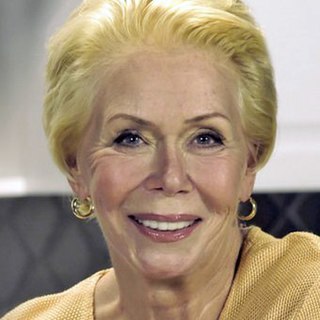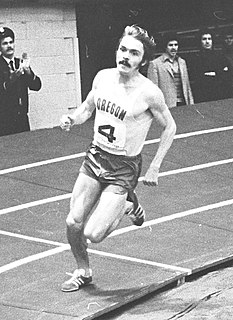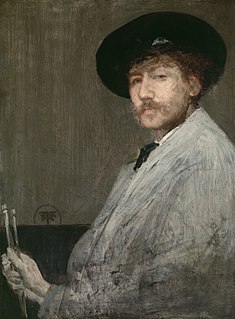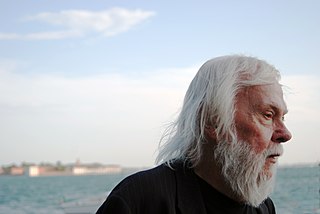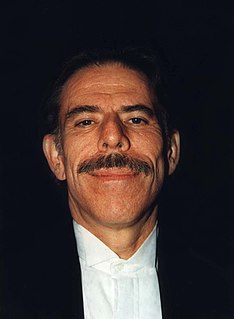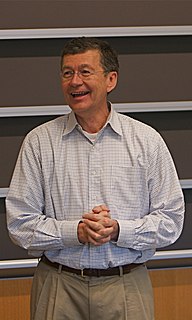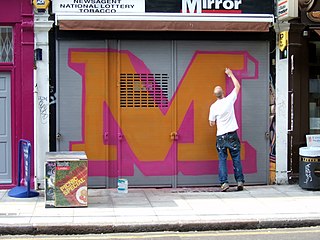A Quote by Jacob Lawrence
My belief is that it is most important for an artist to develop an approach and philosophy about life - if he has developed this philosophy, he does not put paint on canvas, he puts himself on canvas.
Related Quotes
No one would want to pay a penny for an empty canvas by me. But it would be quite another if the empty canvas were signed by a great artist. I would be surprised if an empty canvas by Picasso or Matisse signed and inscribed with the words, 'I wanted to paint such and such on this canvas, but did not do so,' would not fetch thousands... After all, with an empty canvas, the possibilities are limitless, and so perhaps is the cash.
Philosophy - reduced, as we have seen, to philosophical discourse - develops from this point on in a different atmosphere and environment from that of ancient philosophy. In modern university philosophy, philosophy is obviously no longer a way of life, or a form of life - unless it be the form of life of a professor of philosophy.



